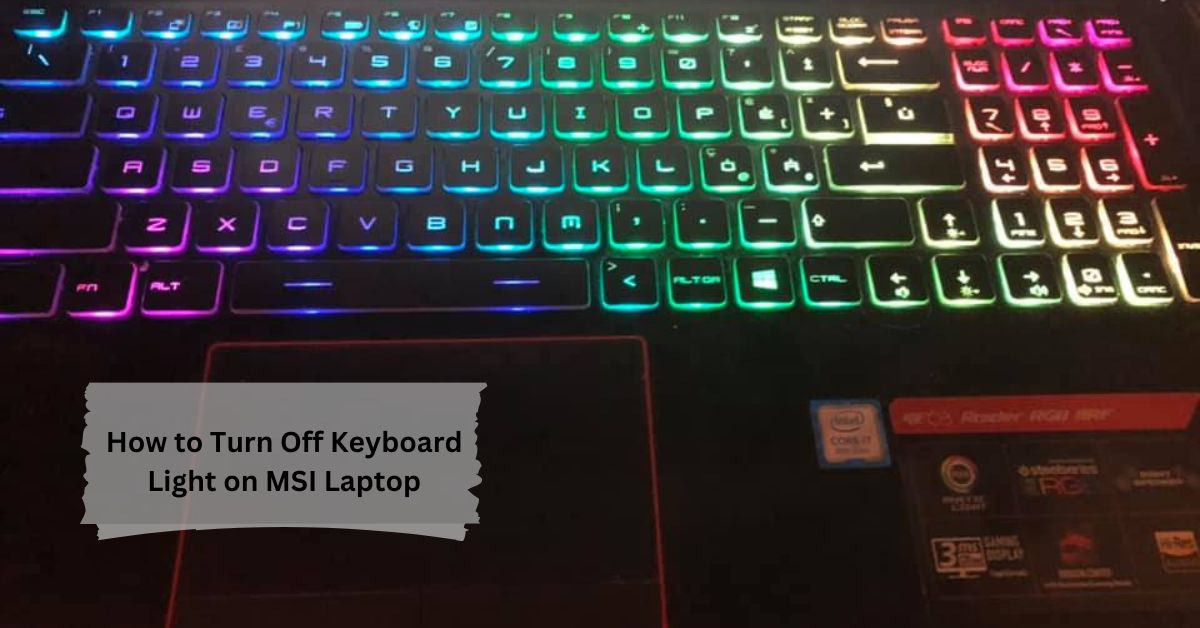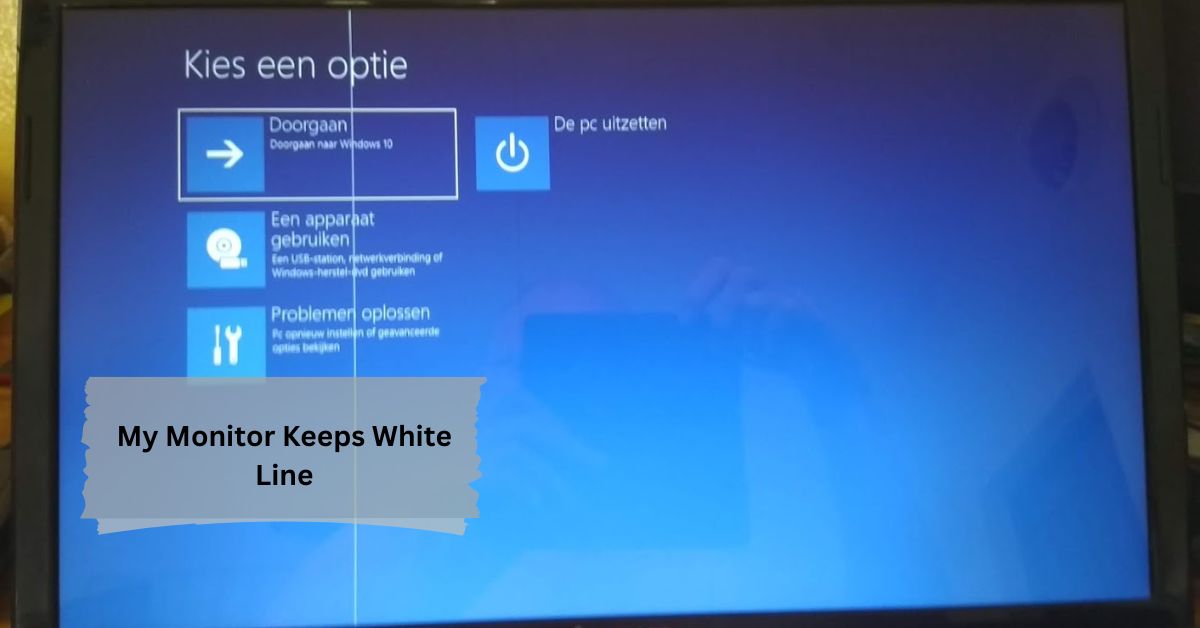In recent years, gaming laptops have become incredibly powerful, offering top-tier specs for running graphically demanding games. But this has led to an important question for many developers: Are gaming laptops good for programming? The short answer is yes. However, there are several factors to consider when determining if a gaming laptop is a good fit for your specific programming needs.
Yes, gaming laptops are great for programming, especially for resource-heavy tasks like game development or machine learning. However, they may be overkill for simpler programming tasks due to their higher price, bulk, and power consumption.
In this article, we’ll break down the pros and cons of using gaming laptops for programming, cover essential features to look for, and compare them with traditional laptops for developers.
1. Hardware Performance: Do Gaming Laptops Have Enough Power for Programming?
Gaming laptops are built to handle high-performance tasks such as rendering 3D graphics, managing complex physics simulations, and processing large amounts of data. These same features can be a huge advantage for programming, particularly if you’re working with resource-intensive applications.
Key Performance Features:
- Processor (CPU): Gaming laptops usually feature powerful CPUs, like Intel’s i7/i9 or AMD Ryzen processors, which are excellent for compiling code and running virtual machines.
- RAM: Most gaming laptops offer at least 16GB of RAM, with the option to upgrade to 32GB or more. This is crucial for multitasking, especially if you’re running multiple IDEs, databases, and testing environments simultaneously.
- Graphics Card (GPU): While a high-end GPU isn’t necessary for every programmer, it’s beneficial if you’re working in fields like game development, machine learning, or data visualization.
- Storage (SSD): Gaming laptops often come equipped with SSDs, providing faster data access and reducing compile times, which can be invaluable during development.
In essence, the hardware power of gaming laptops makes them more than capable of handling the needs of a programmer. However, it’s important to ensure you select a model with the right specifications for your type of work.
2. The Advantages of Gaming Laptops for Programming
There are several advantages to using a gaming laptop for programming, beyond just raw performance.
2.1 Multitasking and Heavy Workloads
Programming often involves running multiple applications concurrently, such as code editors, local servers, databases, and virtual machines. Gaming laptops are designed to handle high loads and run multiple processes without lag, which makes them great for multitasking-heavy environments.
2.2 High-Quality Displays
Gaming laptops typically come with high-resolution displays, ranging from Full HD to 4K, with excellent refresh rates. This not only makes them great for gaming but also provides a sharper and more comfortable visual experience when coding for long periods. Additionally, if you’re working with design elements or visual-heavy tasks (like front-end development or UI/UX design), the vivid colors and display quality of gaming laptops are a significant advantage.
2.3 Cooling Systems
Most gaming laptops come with robust cooling systems to keep the CPU and GPU temperatures in check during intensive tasks. This cooling capability also benefits programmers who work long hours on demanding tasks, ensuring that the system doesn’t throttle performance due to overheating.
3. Potential Drawbacks of Gaming Laptops for Programming
While gaming laptops offer a lot of benefits, they also come with a few downsides that may affect your productivity as a programmer.
3.1 Portability and Battery Life
Gaming laptops tend to be bulkier and heavier compared to ultrabooks or other laptops designed specifically for business or programming purposes. This makes them less portable and not ideal if you’re constantly on the move. Additionally, the high-performance hardware in gaming laptops consumes more power, leading to shorter battery life. You may find yourself constantly searching for a power outlet if you’re working outside of a fixed office space.
3.2 Overkill for Basic Programming
If your programming tasks involve lightweight applications—like web development with HTML, CSS, JavaScript, or general-purpose coding in languages like Python—a gaming laptop may be overkill. For simpler tasks, a mid-range laptop with an efficient CPU, sufficient RAM, and SSD storage would suffice, and you wouldn’t have to deal with the additional weight, power consumption, or price tag of a gaming laptop.
3.3 Price
Gaming laptops are generally more expensive than standard laptops with similar specs. This price difference is largely due to the inclusion of high-end GPUs and other gaming-specific features that may not be necessary for all programmers. If you don’t need the additional GPU power, it might be more cost-effective to choose a laptop specifically designed for programming or business use.
4. Ideal Programming Scenarios for Gaming Laptops
Gaming laptops shine in specific programming fields where their high-end hardware is fully utilized. Below are a few scenarios where a gaming laptop would be ideal for development work:
4.1 Game Development
If you’re a game developer, a gaming laptop can simulate real-world gameplay and graphics performance, making it the perfect tool for testing and development. The powerful GPU ensures that 3D modeling, real-time rendering, and complex physics simulations run smoothly.
4.2 Machine Learning and Data Science
Gaming laptops are often a great fit for machine learning and data science tasks that involve heavy data processing. The high-end CPUs and dedicated GPUs can dramatically speed up the training of machine learning models, data analysis, and other computationally intensive tasks.
4.3 Virtualization and Docker
If you work with virtual machines or containers (like Docker), gaming laptops can easily handle multiple instances without a performance hit. The extra processing power and RAM make virtualization and running multiple environments seamless.
5. Comparing Gaming Laptops vs. Standard Laptops for Programming
Let’s break down how gaming laptops compare to traditional laptops designed specifically for programmers.
| Feature | Gaming Laptop | Standard Laptop |
| Performance | High (Powerful CPU, GPU, RAM) | Varies (Adequate for most tasks, but not always high-end) |
| Display Quality | High (Better refresh rates, color accuracy) | Good, but lower refresh rates |
| Cooling | Advanced cooling systems | Basic cooling, often leads to thermal throttling under load |
| Portability | Less portable (heavier) | Highly portable, lighter |
| Battery Life | Shorter due to high power consumption | Longer battery life |
| Price | Higher | More budget-friendly |
6. Conclusion: Are Gaming Laptops Good for Programming?
In conclusion, gaming laptops are an excellent option for programming, especially if you work with resource-heavy applications like game development, machine learning, or data processing. The high-performance hardware ensures smooth multitasking and can handle demanding workloads with ease. However, if your programming needs are less demanding, such as for web development or lightweight coding tasks, a gaming laptop might be overkill both in terms of power and cost.
When choosing a gaming laptop for programming, it’s essential to consider your specific use case, whether it’s worth the extra investment for powerful hardware, or if a more standard, lightweight machine would suffice. While gaming laptops have undeniable advantages in performance, they come with trade-offs in portability, battery life, and cost.
In the end, the best programming laptop for you depends on balancing your performance needs with your work environment and lifestyle.
7. FAQs
Can gaming laptops handle programming tasks?
Yes, gaming laptops have powerful CPUs, ample RAM, and SSDs, making them excellent for handling even demanding programming tasks.
Are gaming laptops good for game development?
Absolutely. Their powerful GPUs and high-performance hardware make gaming laptops ideal for game development, 3D rendering, and real-time simulations.
Do gaming laptops overheat during long coding sessions?
Gaming laptops generally come with advanced cooling systems, which help manage heat during prolonged use, including intensive coding.
Are gaming laptops portable enough for developers on the go?
Gaming laptops tend to be bulkier and heavier, making them less portable than ultrabooks or standard laptops designed for mobility.
Are gaming laptops too expensive for basic programming?
For basic programming tasks like web development, a gaming laptop might be overkill and more expensive than necessary, given the high-end GPU and other gaming-specific features.















Leave a Reply